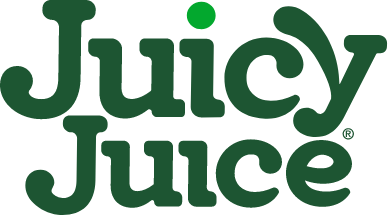Introducing Solid Foods to Your Baby


Watch for signs of readiness to take solids. The American Academy of Pediatrics recommends starting solids between four and six months of age. Compare this to what was being done in the 1950s when solids were introduced as early as a month or two of age. There are medical reasons not to start solids too early. One concern has been that too many solids with their variety of proteins may trigger allergic reactions. This is especially true if there is a family history of allergies. Also, spooning food into the mouth of an infant who lacks the skills to show that he is no longer hungry may increase the likelihood that the child will learn to overeat.
Discuss with your baby’s doctor at the 4 month visit what they suggest as far as introducing solids. Following are some clues that may indicate your baby’s readiness for solids. They do not all have to be present for you to begin offering solids to your baby.
- Your baby is watching you eat and is opening his mouth or reaching for your food as you take a bite.
- He does not use his tongue to push objects out of his mouth.
- He is using a chewing motion with objects, not just the sucking motion.
- He has good head control and may be starting to sit by leaning forward on his arms for a few seconds.
- He is reaching and grabbing for objects and starting to move them toward his mouth.
- He is nursing more than 8 or 10 times a day and is not always satisfied after the feedings.
- If bottle feeding, he is taking more than 32 to 40 ounces a day in formula and may seem to want more.
Start with one new food at a time and stick with the new food for 4 to 5 days. This will help you identify a reaction to a food that has been introduced (like diarrhea, vomiting, rashes or hives). Most physicians recommend starting with rice cereal fortified with iron. For baby’s first feeding prepare a teaspoon of dry rice cereal, and mix it with breastmilk, formula, or water until it forms a loose consistency, slightly thicker than breastmilk or formula. Baby may only take a few bites at first or may show no interest. Start with one feeding per day, gradually increasing serving amounts, working up to 6 tablespoons per day.
Once baby has taken rice cereal for a few weeks, other single ingredient foods (single vegetables or fruits) can be offered every few days. Start with vegetables, introducing the orange ones first (sweet potatoes and squash) and then the green (green beans and peas). At this stage, all vegetables should be pureed or mashed for your beginning eater.
Their appetites may vary from day-to-day. Stay relaxed with feeding and if your baby is not interested, don’t force feed.
By around 6 months of age, most infants can also learn to take a few sips from a trainer cup. Initially they will not take more than a few sips. It is best at 6 months, to start with just sips of water.


